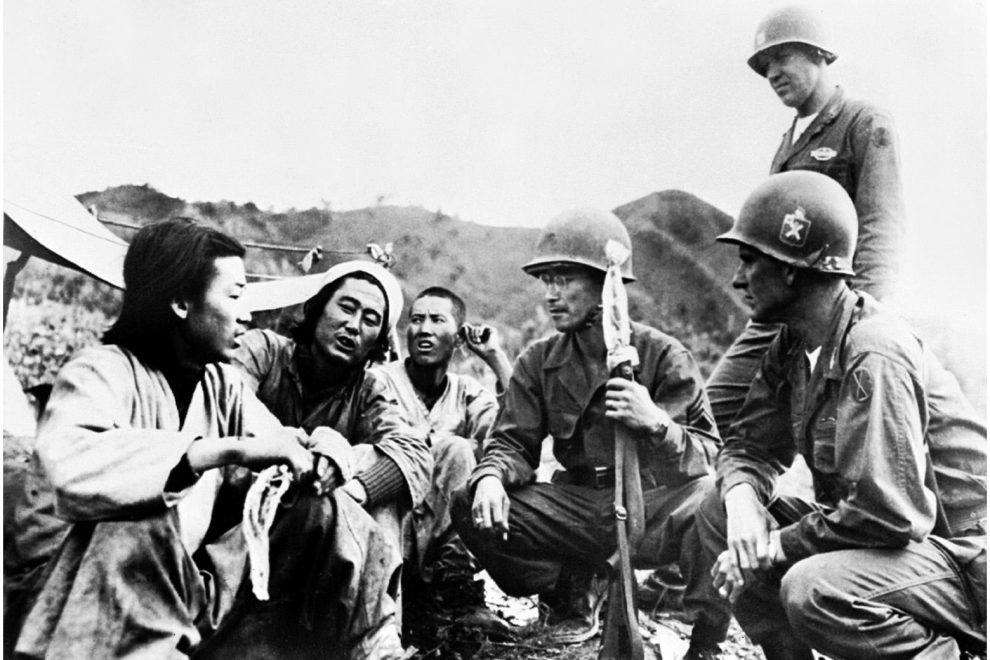The Korean War, often referred to as the “Forgotten War,” was a significant conflict that took place on the Korean Peninsula from 1950 to 1953. This war had a profound impact on the geopolitical landscape of East Asia and shaped the course of history for North and South Korea, as well as their relationships with neighboring countries and the global community. This article aims to provide an overview of the Korean War and its enduring consequences.
The Korean War was rooted in the division of Korea following World War II. In 1945, the Korean Peninsula, which had been under Japanese colonial rule since 1910, was liberated. However, the division of Korea into two separate occupation zones, with the Soviet Union occupying the north and the United States occupying the south, created an ideological and political divide that led to the outbreak of war. The North, under Soviet influence, sought to reunify Korea under communist rule, while the South, supported by the United States, pursued democracy and capitalism.
On June 25, 1950, North Korean forces launched a surprise invasion across the 38th parallel, the dividing line between the two Koreas. The South Korean military, ill-prepared and outnumbered, struggled to repel the invasion. In response, the United Nations Security Council authorized a multinational force, led by the United States, to intervene and restore peace in South Korea.
The Korean War quickly escalated into a major international conflict. The United States led the UN forces, while China and the Soviet Union supported North Korea. The war witnessed large-scale military operations, including amphibious landings, aerial bombings, and intense ground combat. The Korean Peninsula became a proxy battleground between the United States and the Soviet Union during the Cold War, heightening global tensions.
The Korean War witnessed significant military engagements and strategic maneuvers. The amphibious landing at Incheon led by General Douglas MacArthur and the subsequent UN forces’ advance into North Korea pushed the North Korean forces back. However, China’s intervention in late 1950 reversed the tide, and the war eventually settled into a stalemate near the original 38th parallel.
After three years of intense fighting, an armistice was signed on July 27, 1953, effectively ending the hostilities. The armistice established the Korean Demilitarized Zone (DMZ), a heavily fortified border that remains to this day. The war resulted in immense human suffering and casualties, with estimates ranging from two to four million deaths, the majority of whom were civilians.
The Korean War had far-reaching consequences for the nations involved and the broader international community. It solidified the division of Korea into two separate states: the communist North and the capitalist South. The conflict further deepened the animosity between the two Koreas, leading to ongoing tensions and occasional military incidents.
The war also had significant geopolitical implications. It marked a turning point in the Cold War, demonstrating that the United States and its allies were willing to intervene militarily to contain the spread of communism. The war indirectly influenced subsequent conflicts, such as the Vietnam War.
Furthermore, the Korean War left an indelible mark on the global stage, prompting increased attention to international security issues. The conflict highlighted the need for a collective security mechanism, leading to the strengthening of the United Nations and the establishment of the UN Command to maintain peace on the Korean Peninsula.
The Korean War, though often overshadowed by other conflicts, played a critical role in shaping modern East Asia. Its impact on the Korean Peninsula and its wider geopolitical ramifications are still evident today



















Add Comment